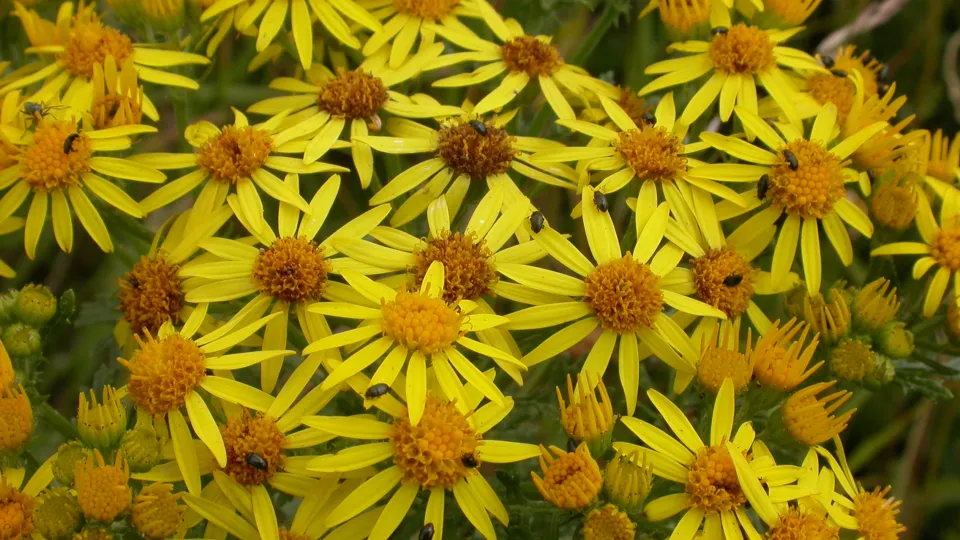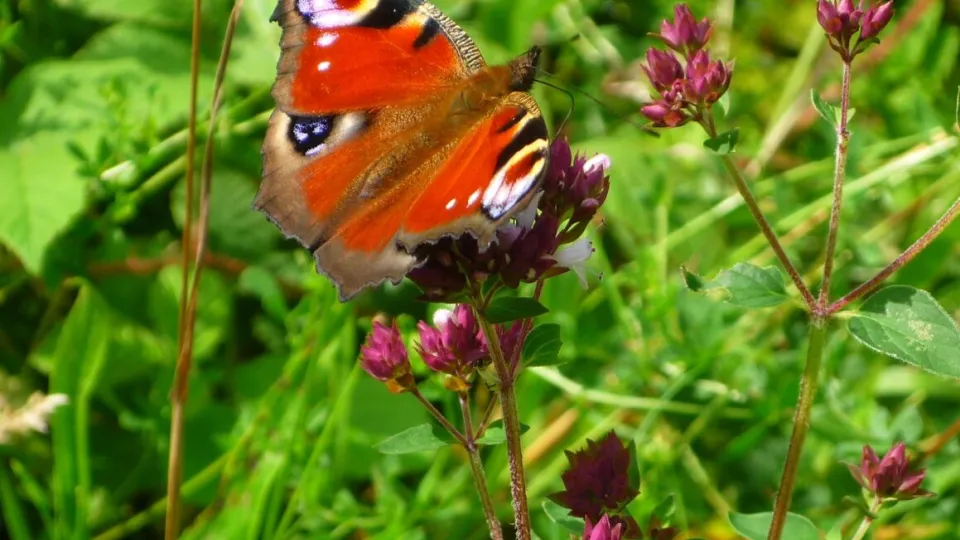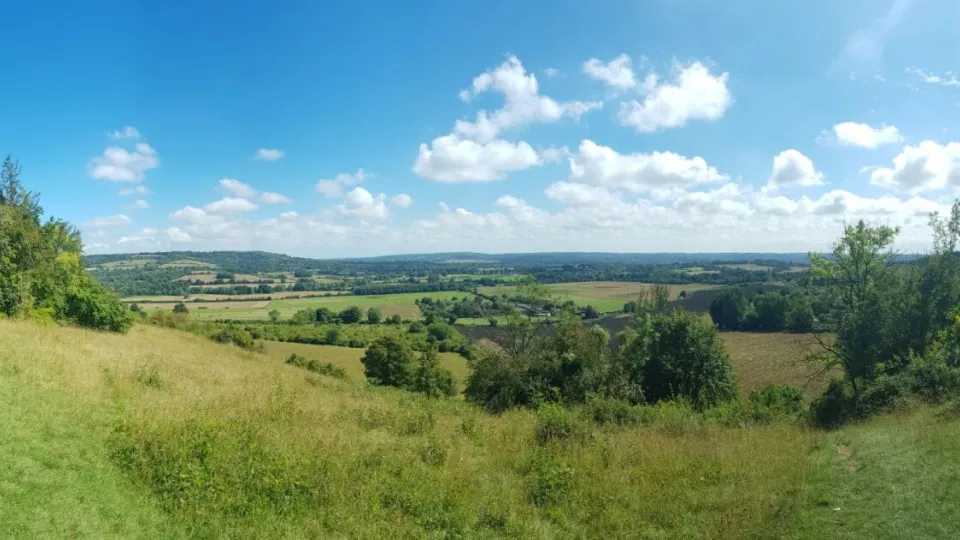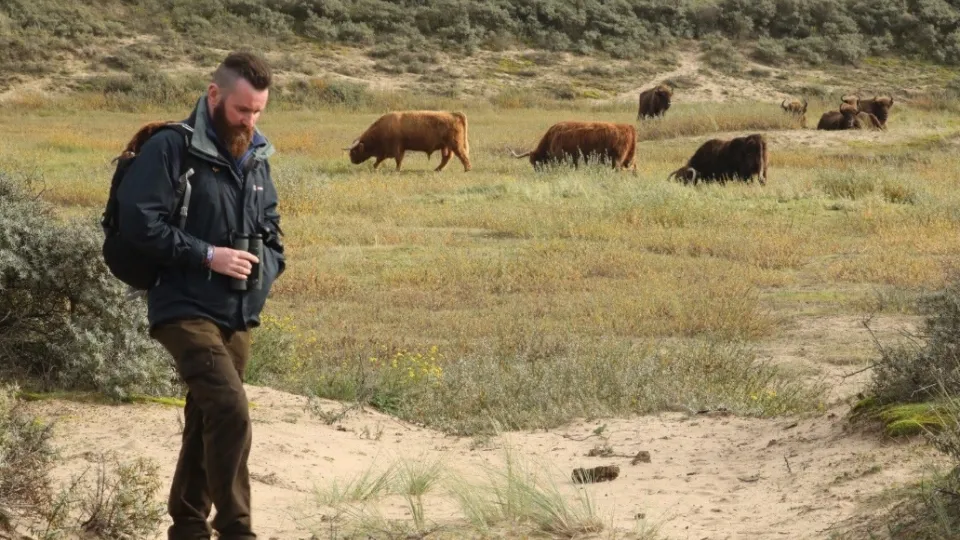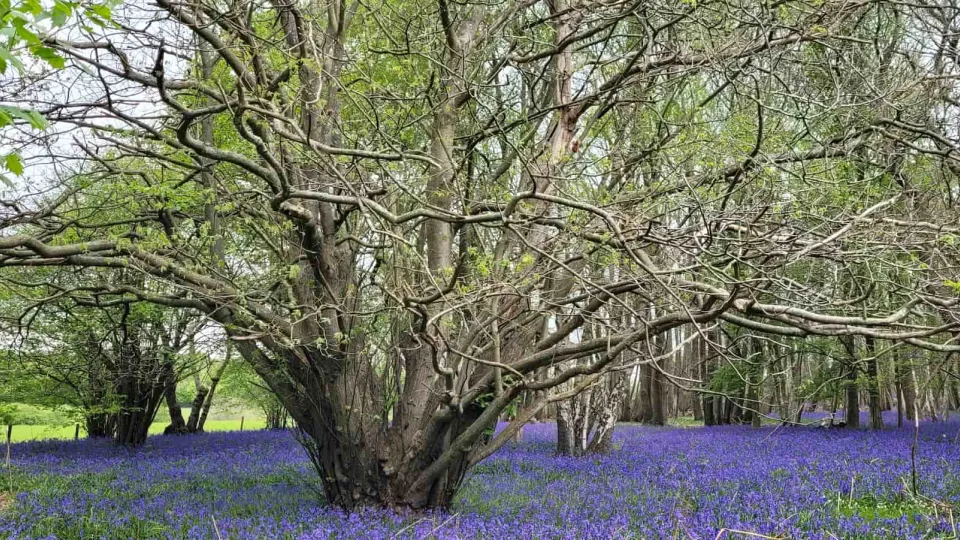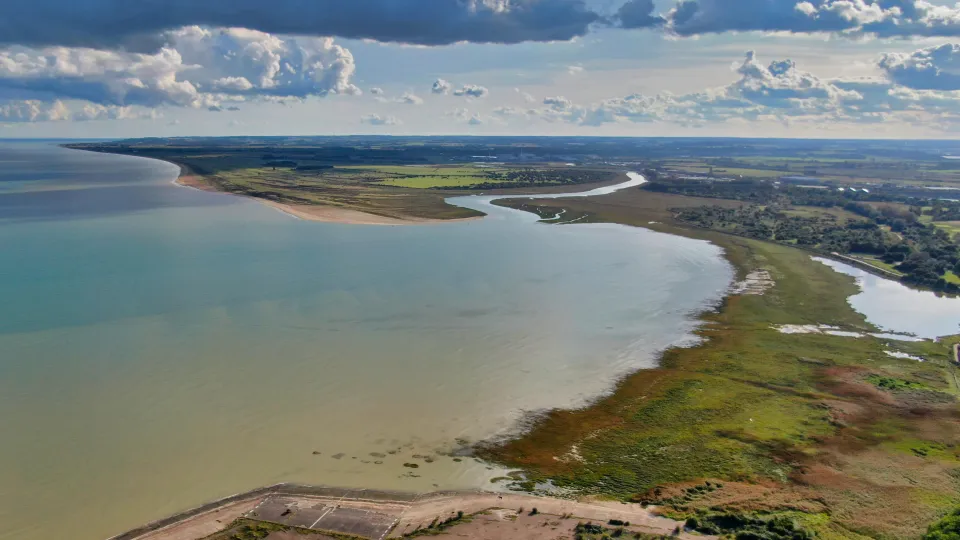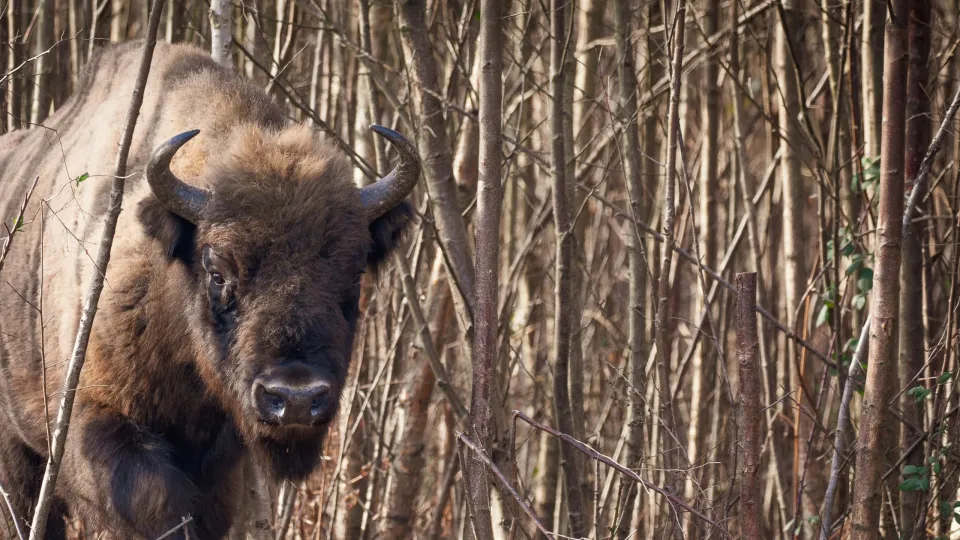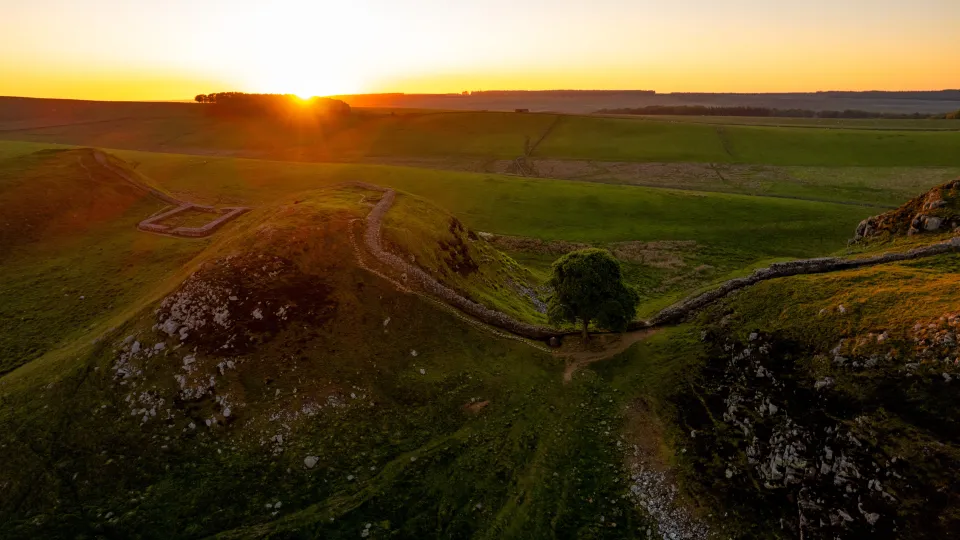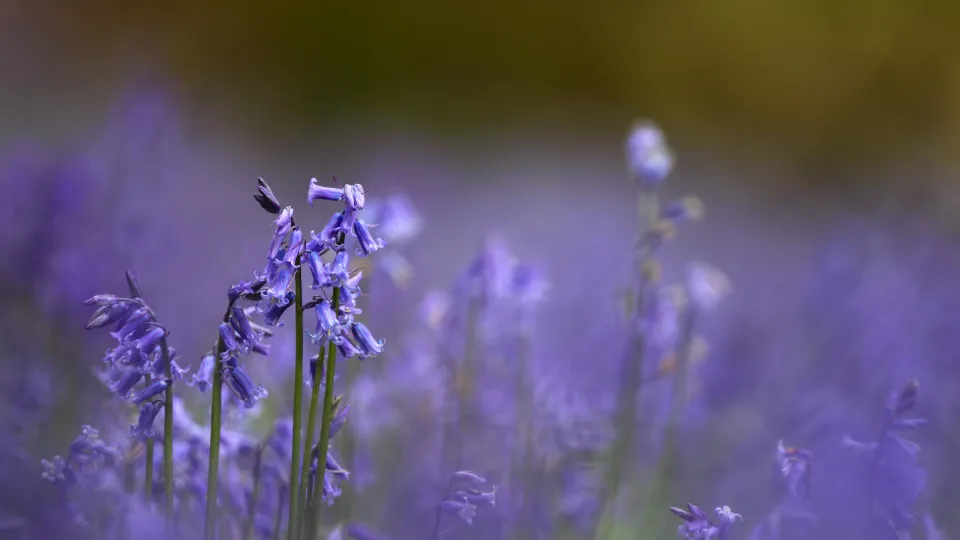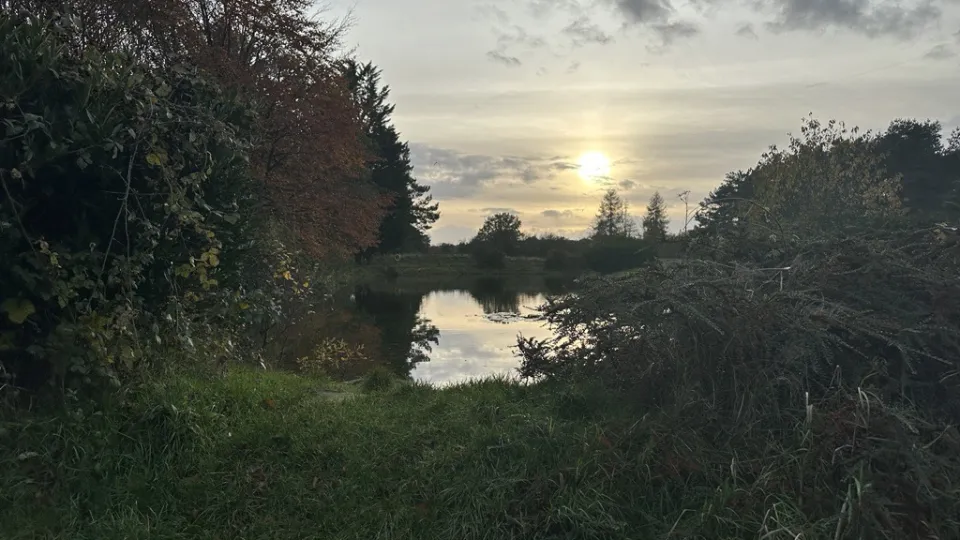
Heather Corrie Vale: One year on
With input from Simon Bateman-Brown, Head of Land Management, and Evan Bowen-Jones, Chief Executive of Kent Wildlife Trust, we explore the conservation work we have done at Heather Corrie Vale since attaining validation against the Wilder Carbon Standard, by Soil Association Certification.

